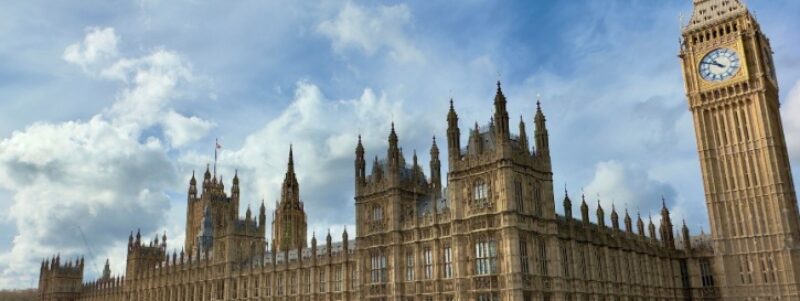When parliament returned after its summer recess on 2 September, prime minister Keir Starmer was quick to set a serious tone. Warning that he wouldn’t preside over “business as usual”, he added that the upcoming Autumn Budget was going to be “painful”.
The announcement arrived off the back of claims that the outgoing Conservative government had left a £22 billion “black hole” in the public finances. With tax rises expected, Reeves doubled down on her boss’s stance and was quick to confirm that “economic stability always has to come first”.
Speculation is rife about what the Budget announcement of 30 October might bring. So, keep reading for your look ahead.
Labour has warned of “tough decisions” and a “painful” Budget
After a landslide victory that ended 14 years of Tory rule, Keir Starmer’s government arrived in power promising to take the “tough decisions”.
He made good on his promise quickly. The decision to scrap the winter fuel allowance for all but the poorest pensioners proved both tough and hugely unpopular.
Labour has, though, made some manifesto promises, which it is unlikely to break in the forthcoming Budget. Honouring these pledges would mean no rise to:
- National Insurance
- Income Tax
- VAT
Other areas will be under the spotlight, though.
3 changes we might see in the Budget
1. A single rate of pension tax relief could save the government billions
Despite a promise to maintain the State Pension triple lock – which will see the State Pension rise by more than £400 for many pensioners next April – other areas of pension legislation will be in the government’s crosshairs. Their intention was signalled early when they announced a wholesale pensions review.
There has already been huge speculation surrounding the pension commencement lump sum and the 25% tax-free cash entitlement attached to certain Pension Freedoms options. Some commentators are predicting that tax-free cash will only be available once a certain level of guaranteed income has been secured, or that it might be capped at £100,000.
But pension tax relief is also in the firing line. Corporate Adviser reports that the relief on pension contributions cost the government over £48 billion during 2022/23. While it currently applies to all pension contributions at 20%, those on the higher and additional rate of tax can claim an extra 20% and 25%, respectively, through self-assessment.
Rachel Reeves may announce a single rate of relief, at 30%, say, levelling the playing field for all. The Week recently reported that this could save the Treasury around £2.7 billion a year.
The move would make pension saving more attractive for those on the basic rate. And while it might come as a blow to those paying higher rates of Income Tax, Standard Life reported back in 2023 that around £1.3 billion of tax relief went unclaimed over the five years to 2020/21.
2. Inheritance Tax changes have been rumoured for many years
Inheritance Tax (IHT) is often thought of as the UK’s “most-hated tax” and yet less than 4% of estates pay it in 2022/23, according to the Institute for Fiscal Studies (IFS).
HMRC figures confirm that IHT receipts totalled £6.8 billion for the 2023/24 tax year, with the Treasury receiving £700 million for April 2024 alone.
Usually charged at 40% on the value of an estate that exceeds the nil-rate band, this £325,000 threshold has been frozen since 2021. While the freeze has pushed more estates into paying IHT, many reliefs apply. These – with careful planning and advice – can lower an IHT liability.
A report by the IFS back in April 2024 suggested that abolishing certain business and agricultural property reliefs could raise £1.4 billion a year.
Whatever the chancellor decides to do, IHT is a highly emotive issue and she may well receive a “painful” response to her “tough” decision.
3. Capital Gains Tax rates could be equalised with Income Tax
When you sell an asset for a profit, you might find that there’s Capital Gains Tax (CGT) to pay. The rate payable depends on the type of asset sold.
Currently, CGT is paid at 20% for investment profits above £3,000, and 24% for profits made on the sale of an additional property.
The chancellor is widely rumoured to be considering aligning CGT with Income Tax rates. A high earner making the above profits would then be charged at 40% or even 45% if they pay the additional rate of Income Tax.
According to the Guardian, this could raise around £10 billion for the Treasury and go a long way to filling the £22 billion black hole.
Get in touch
If you have any questions about the potential impact of the Autumn Budget, speak to us now. Get in touch by emailing hello@fingerprintfp.co.uk or calling 03452 100 100.
Please note
This article is for general information only and does not constitute advice. The information is aimed at retail clients only.

